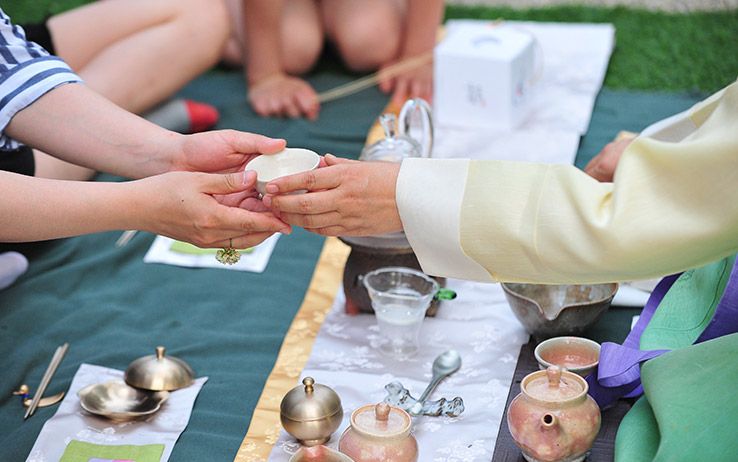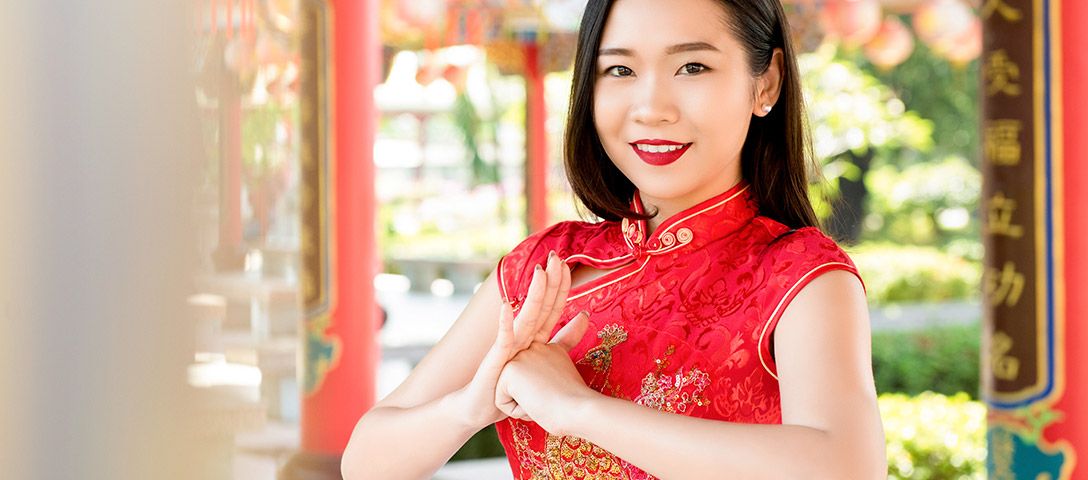Probably when you decide to travel to China, you will be looking for some info to make your trip as successful as possible. Besides making several plans on what attractions to visit, what budget you need, and what itinerary to follow to visit more places, you would need to know something about the Chinese culture.
As the Chinese culture is one of the most extensive ones and that has been built for around 5,000 years till the present days, you might notice that it is strictly respected by locals. What’s more, you are expected to show respect to Chinese traditions, even if you are a simple visitor. Thus, you should know the Chinese etiquette in order to avoid the culture shock in China, on the one hand, and some faux pas’, on the other one.
We gathered a list of Chinese manners you have to display when attending some activities, events, or/and meeting people. Therefore, you should adhere to Chinese table manners, learn to greet locals correctly and behave with great politeness in any situation.
Chinese Greeting Customs

Handshakes or nods are prevailing greetings in China. No, you don’t have to bow in sign of respect in China, as this practice is customary for Japan and Korea. Additionally, we advise abstaining from giving a firm handshake, as it might be considered an act of aggression.
- When meeting an older person (only if you know he’s older than you!), you can address him by the honorific title (inside a family: "laoshi") or by the family name + Mr. ("xiansheng"), Ms. ("nvshi").
- Also, greet the oldest person or the senior first and continue accordingly. By doing this, you will show your respect to the person.
- You might want to abstain from giving hugs straight away when meeting someone for the first time. This might make your acquaintance uncomfortable.
- Address to the elders by saying “nin hao” (/neen-haow/) instead of “ni hao” (/nee haow/), as it is the more polite form of the greeting.
Chinese Dining Etiquette

- The Chinese drinking etiquette says that you may join in on toast. If you attend a formal gathering, you may also stand up to show your politeness.
- Try diverse dishes at banquets or other formal events. But don’t forget to leave a bit on the plate when you finish the meal to praise the host’s generosity.
- When someone refills your tea, tap two fingers on the table. That way, you’ll show your gratitude.
- Use serving chopsticks or other eating tools to pick some of the central food.
- Never tap your chopsticks on the table or the bowl since this action is considered rude.
- The rice bowl is meant for food only thus, don’t put leftover seed, bones, or other inedible parts back in it. Use a napkin instead. Perhaps, you will be provided with a special plate for this purpose.
- Be ready to comply with the dining etiquette when eating specific for the Chinese culture dishes. Therefore, the dim sum etiquette and yum cha etiquette state to share these dishes with a companion (if you have one). Follow the above-mentioned tips and you are good to go.
- Also, remember to ask the companions before eating the last piece. Serving your companion first both with the dish and the tea will mean that you respect him.
- And the last tip on eating etiquette is to eat things one-by-one. That means you won’t want to load your plate with food.
Chinese Business Meeting Etiquette

If you travel to China to pursue some job goals, you would probably have to follow the Chinese business meeting etiquette.
- Be on time for the meeting. Being late is considered impolite and might affect your meeting negatively.
- Shake hands. Read the first tip on Chinese greeting customs.
- Be conservative when dressing up for the meeting in China since most of the people are so.
- You are welcome to give gifts when meeting for business in China. It is customary to offer them to everyone present by giving them out with both hands. If the participants are refusing them, offer them again, as they are being polite.
- Exchange business cards, no matter you will need it or not. If you refuse to receive from somebody, you may offend the person. What about your business card, you should keep it simple and tasteful. The writing should be in Chinese.
- Speaking about Chinese, so must be your conversation. If you don’t understand this language, hire an interpreter.
- Just like in the West, people in China don’t like to be interrupted. The same relates to the silence, so let the director, or the senior, be the one who interrupts the silence.
Gift Giving Etiquette in China
- It is common in China to present small gifts to the hosts of the house when visiting friends.
- When receiving the gift, take it with both of your hands.
- Also, don’t rush to receive it. Just refuse it a couple of times. So, expect to be refused when giving a gift, as well.
- If you don’t know what to give as a gift, here are some ideas: a book, a CD with music, perfume, or some candies from your homeland.
- Chinese etiquette says not to wrap with white or black wrapping paper no matter how stylish it looks.
- According to Chinese manners, you may not present as a gift sharp objects or other symbolic things like a clock, as it symbolizes the number four. In the West, number four is just a number, but in China, it is associated with death. So, look up before buying a certain thing.
- While in the West you are welcome to unwrap your gift right in front of the person who gave it to you, in China, don’t rush to open it. Do it unless the person insists.
Chinese Etiquette for Travelers

- When walking around a temple or monastery, do it clockwise.
- Take off your hat when entering a temple to show your respect.
- You can donate several yuan to religious beggars.
- We don’t recommend photographing elders without permission.
- When visiting Mosques or other Islamic areas, especially around the Silk Road, Chinese etiquette will require you to follow the gender separation. You may not even want to shake hands with the opposite gender.
- Cover your head in mosques if you are a woman, and cover-up, in general. At least, hide your body to elbows and your knees.
- We don’t recommend asking sensitive questions and talking on sensitive topics, as it is considered a rude gesture.
- Usually, in religious areas, cigarettes and alcohol are not permitted.
- Non-halal items are not welcomed into Islamic areas, whether it is a restaurant or a home.
General Chinese Manners in Daily Life

- Just like you are proud of your country, the Chinese are proud of theirs, if not even more proud. So, just like you would want to hear criticism about your country, the Chinese wouldn’t like to hear that from you. Therefore, according to the Chinese etiquette, avoid criticism and even conversations about sensitive topics like politics.
- Chinese etiquette says to contain your feelings. Keep calm when dealing with some irritating situations. Chinese are conservative even when it comes to emotions. As they are accustomed to behaving in such a manner, they expect tourists to do the same. You wouldn’t want to draw unnecessary attention. Same attributes to PDAs.
- Don’t be shocked when asked personal questions. In China, it is absolutely normal to be asked about marital state, income, or age. Locals are doing it to find the common ground to start a conversation. But if you feel uncomfortable answering these, don’t answer, and let the person you are talking to know that.
- Red ink signifies many bad things, so stay away from writing with it. For instance, red ink is associated with bad news. The names written in red ink used to be reserved for criminals. Also, it symbolizes criticism and protest. So, you would want to use other colors to write a thank you letter.
- Depending on the situation, you may be on time, earlier, or even a bit late in China. As an example, when attending a dinner, don’t rush to come as you may be perceived to be hungry or eager to eat (and that’s impolite). When having a gathering with friends, or a guided tour, showing up on time is like being well mannered. And what’s for business meetings, you may come earlier to show your seriousness.
Last Updated on January 3, 2020.

